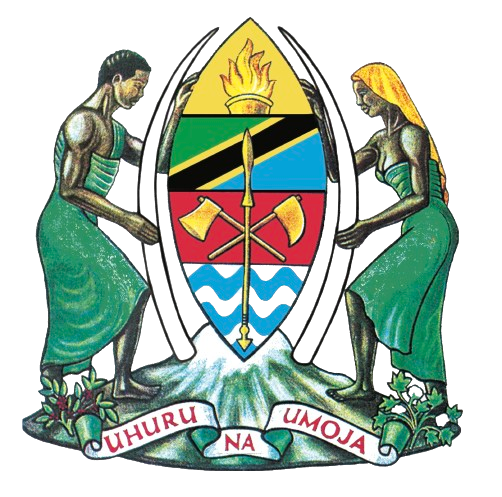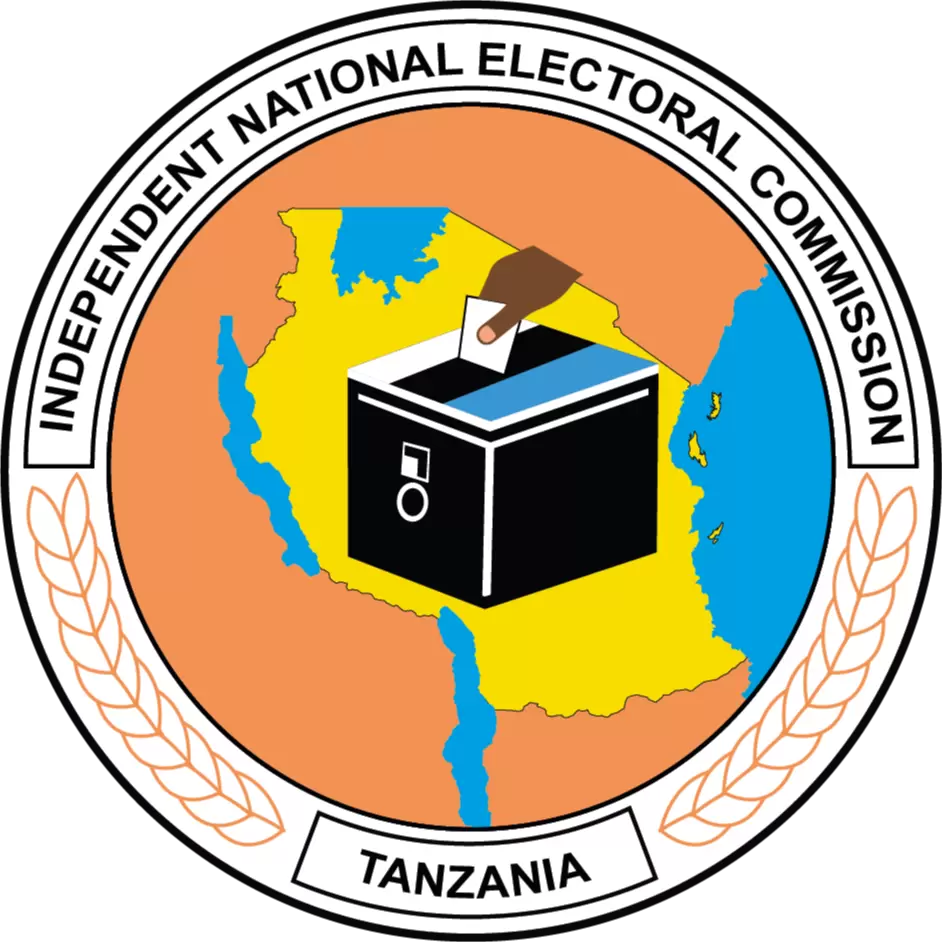Technology Package for Sustainable Productivity and Resiliency to Climate Variability: The Proof from SIMLESA Studies in Tanzania
- 20th August, 2020 00:00
- By TARI
- Reports
Author(s) : John Sariah and Daniel Rodriguez
Abstract: The agricultural sector in Tanzania is mainly dryland and dominated by smallholder farmers. Unreliable rainfall, short than normal duration of cropping season and fluctuations of onset and end of cropping season are main challenges facing farmers. The increased frequency and intensity of droughts, unpredictability of weather, shorter than normal duration of cropping seasons have significant impact on farmers’ productivity, profitability and resilience. This paper report study on Conservation agriculture for Sustainable Intensification (CASI) technology package tested on farm for productive, resilient and sustainable smallholder maize-legume cropping systems across five districts in Tanzania. Three practices namely Conservation practice (CA), Current applied recommended practice (CONV. or sometimes referred to as IMPROV) and primitive farmers practice (FP) were compared in experimental plots on farmers’ fields. Improved (DT maize and Pigeonpeas) was intercropped in all practices. Only CA and CONV practices were statistically compared, whereas FP was for farmer’s visual observations and comparisons. Data recorded were, soil carbon, moisture, yields and economic analysis. Results showed that, the average maize yields for four seasons in CA and CONV doubled and for tripled. An average of 30.5% hours of labour were saved in CASI relative to non CASI practice. The benefit cost ratio of maize-pigeonpea intercrops under CASI was 2.1 as compared to 1.4 in conventional agriculture investments. The institutionalization of CASI at local and national policy decision levels will be required for the scaling of CASI technologies across Tanzania.
Keywords: sustainable, resilience, productivity, variability


